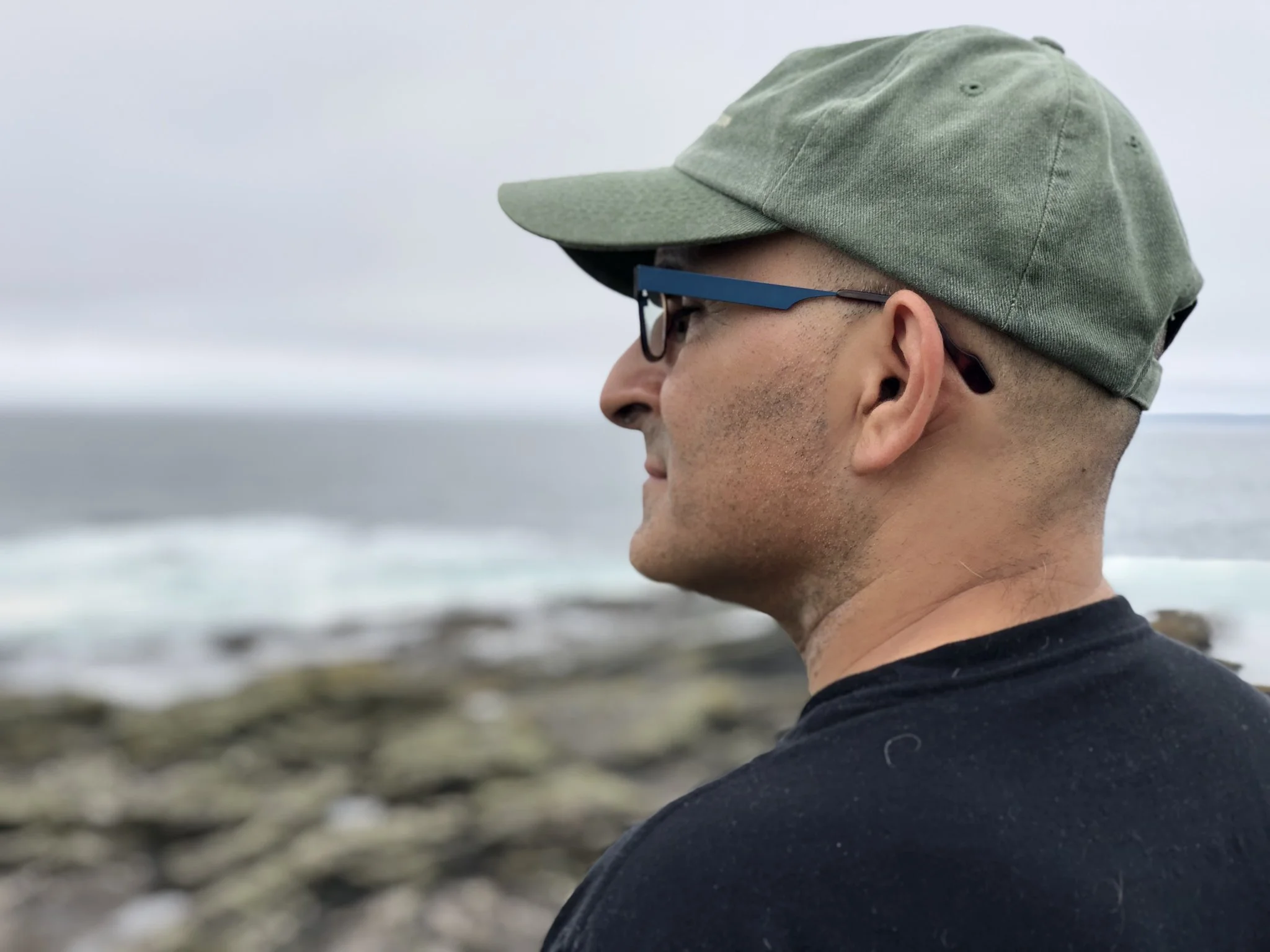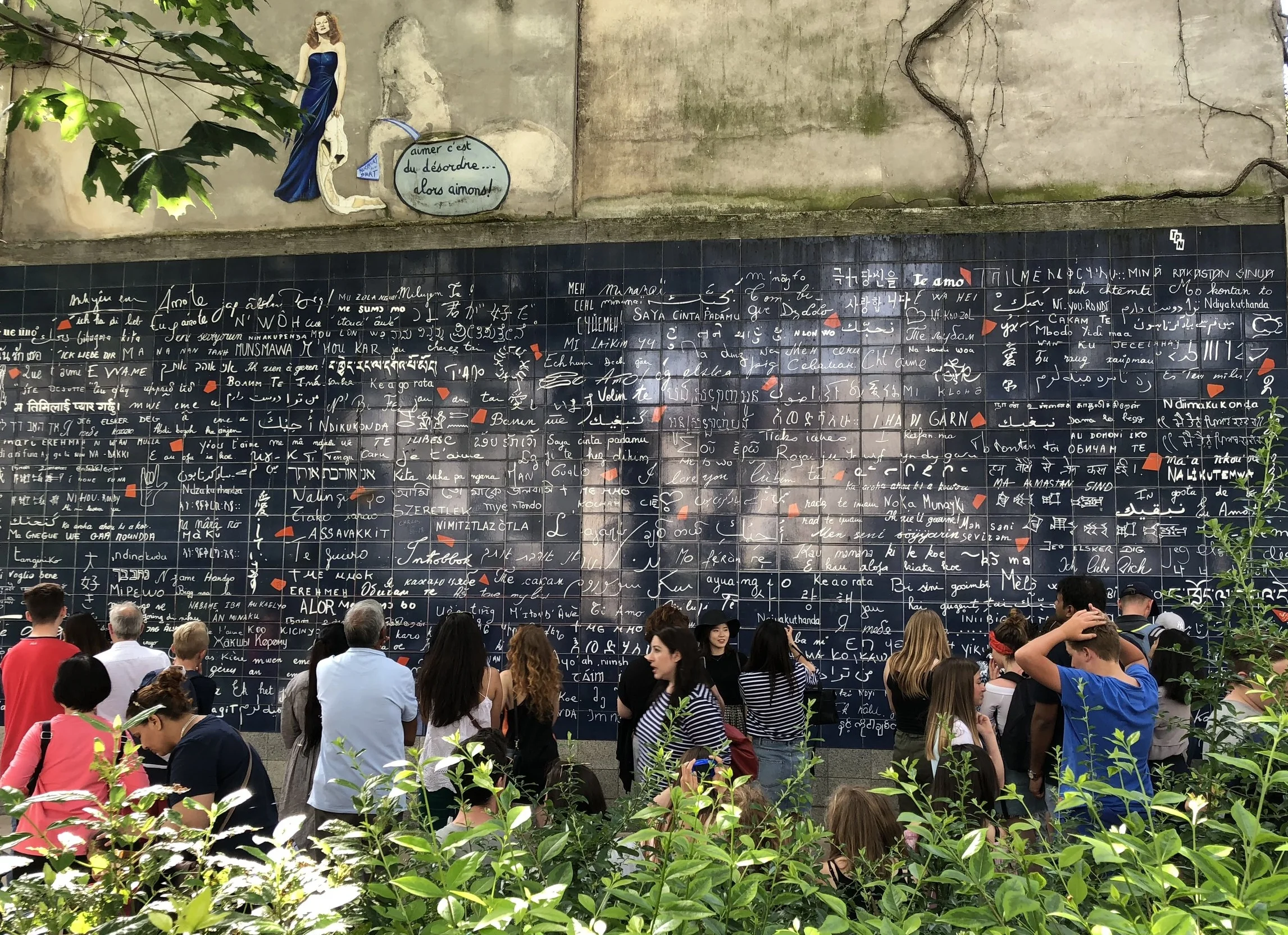French Bureaucracy Part 1: Paperwork
It is important that this entry begins by establishing a few things: I can’t write as well as Drina, I consider myself immeasurably fortunate to have the opportunity to live and learn in Paris this year, and this entry is not meant as a complaint, but rather an attempt at sharing a personal “growth” experience.
It seemed so simple at first: prior experiences had taught me that my learning would be significantly amplified by actually “working” rather than merely “observing” during this sabbatical project. I would propose to go work for “free” at a hospital in some medical capacity similar to a fellow for one year. Since hospitals almost always pay fellows, I hoped that being a “mature” learner, having 20 years of being a “staff” doctor, and being “free” would make me an attractive package to a host hospital.
Once we decided on Paris and Hôpital Necker, I started the process of paperwork. I never took my medical diplomas and certificates out of their tubes, so I went to the basement and found everything I could dating back to when I finished medical school in 1993. I found enough documents to cover our entire dining table and figured it would be enough to prove that I was a doctor, had successfully completed residency training, passed all of my exams, and that I had completed post graduate training as a sub-specialist. While I was not expecting the French to know the University of Calgary, I thought for sure they would recognize Harvard. I scanned everything and sent them off in November 2015.
This is as good a time as any to let you know that what follows is an experience of two parallel universes. My host and future mentor, Laurent, was in my corner. He epitomizes not only medical excellence, but also a personal humility and charm that is uncommon at the upper echelons of medicine. Laurent was unfailingly helpful throughout the process to the very end. Diametrically opposed to him was the black box of French bureaucracy who at times seemed determined to find every imaginable, and some unimaginable obstacles to place in front of me. It was not malice. It is just the way they do things here in France.
Laurent received my documents and very kindly started the process of dealing with the French “administration”. In 2015 I had barely two sentences of French and could not compose any emails, so despite his busy professional and personal life, he started communicating with various people on my behalf. I thought three years would surely be enough time to overcome even the notorious French system. I also knew and expected things to move slowly.
About nine months later, I got an email from Laurent saying that they had reviewed my documents and the response was pretty simple. Since my training was not in Quebec, France did not recognize me as a trained doctor, and we needed to work out some other means of me going there: perhaps as a “student doctor” with some sort of formal agreement between my university and the Paris hospital system. However, before we could go down that road, even if some documents were already bilingual I needed to get them all “translated” into French.
So, in the spring of 2016, I started the process of translation and figuring out how to get this contract sorted out between the UofC and Paris. I was very fortunate that Richard, my new Department Head in Calgary, is a terrific person and he agreed to help me by writing the required letters of support (which I had to have translated in French). So, in late fall 2016 and early winter 2017, I started sending them all the “French” documents and letters. And I waited. And I waited. And I waited. I assumed no news was good news.
In May, I sent Laurent an email saying that Drina and I would be coming to Paris in October to look at schools and neighbourhoods and that perhaps I could stop by the hospital and sign whatever papers needed to be signed. With his usual warmth, Laurent welcomed my visit and arranged for me to see the Director of Medical Affairs.
In October 2017, with my B1 level French, I arrived at her office. I learned that France does not have a category called “fellows," they do not have people coming for one-year sabbaticals, and the only option was to do a 3-month “observer only” status. It was made very clear that I could NOT do four of those back to back. There was a category that she thought might work, but she needed to send my file to another office somewhere between the Ministries of Education, Labour, and Health that deals with “international relationships”.
I left her office totally deflated. We were planning to arrive in Paris in less than a year, I had started the paperwork two years ago, and yet I seemed no closer to having certainty. Furthermore, even though by then I knew we would not need a visa for my Irish/Canadian wife and daughters, I still didn’t know how I would get a visa!
When I saw Laurent after my meeting, he made a few phone calls and told people that it was important to him that Necker finds a way to host me and that I had done everything asked of me. He reassured me that he would not abandon me.
I left Paris uncertain, but determined to not give up. Above all, I knew Laurent would help me if it was within his power.
Again, I started waiting. Those of you who know me well, know that I am not at ease with uncertainty. With the help our relocation agent, I hired an immigration expert upon my return to Calgary. She told me that thanks to Drina’s Irishness, I could go to France as the “spouse of a European citizen” but that working in a hospital was an altogether different matter.
In February of 2018, less than 6-months before our planned departure, I had not yet heard anything from Necker or anyone in the “international affairs” department. I wrote Laurent saying that I would just arrive and take him up on his offer to be an informal observer: I saw no other option. Drina and I chatted and decided that I would find a way to learn as much as possible despite not having the ability to really see patients in an active role. It didn’t sit well with me, but I could not imagine not going to Paris: we were all so excited about the adventure and we had tickets for Paris arriving on July 7th.
On March 13, 2018, Laurent forwarded me an email. He had gotten ahold of someone and it appeared that I was finally going to get things sorted out. The problem was they needed 14 different documents including some certificates from Necker in Paris, documents from Calgary, another letter from Richard, as well as two different types of insurance policies from French insurance providers, and all my immunization records. I was upset that they hadn’t told me about these documents in October when I was in Paris or in the intervening 6 months. I also knew being upset was not going to make any difference or help move things forward.
Realizing that the visa process in the consulate would take at least 3-4 weeks, I went into warp speed. I wrote and called French insurance companies and bought insurance. Laurent provided me all the documents I needed from Necker and his Department. Richard once again wrote me a letter of support which I had to get translated on an urgent basis. I miraculously found my vaccine records from childhood and medical school admittance era, and I started getting booster shots. It was a dizzying and stressful period, and less than two weeks after the request, I sent the office of international affairs everything they asked for.
With the clock ticking, I waited two weeks and then asked how things were going with my file. I got a one line reply: “You file will be dealt with in late April or early May.” It was going to be tight, but I thought I could pull it off with a trip to the French consulate in Vancouver in May or June. Things were looking good.



